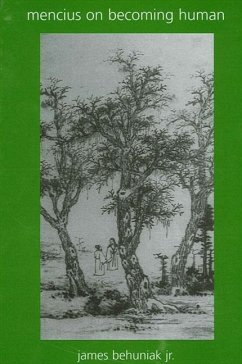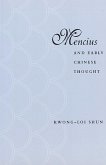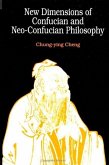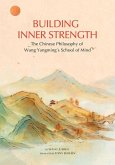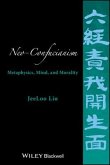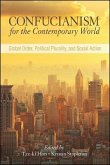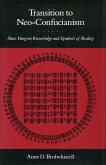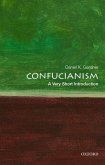Using current research from traditional sources and newly unearthed documents dating from the Warring States period (403-221 B.C.E.), Mencius on Becoming Human offers a timely interpretation of a central text in the Confucian canon. The author carefully reconstructs the philosophical assumptions that underwrite the teachings of the Mencius, returning the text to its native intellectual world. The result is a compelling new reading of an ancient classic, one that is both sensitive to the details of historical context and contemporary in its philosophical implications. James Behuniak Jr. argues that the notion of an essential, ahistorical "human nature" is not part of the process of "becoming human" outlined in the Mencius. Rather, becoming human is described as a process of developing a qualitatively "human" disposition within specific cultural and historical conditions as these are understood within a Warring States cosmology. The central themes of the Mencius--the importance of family, moral development, and human advancement--are each discussed within this reconstructed framework.
Hinweis: Dieser Artikel kann nur an eine deutsche Lieferadresse ausgeliefert werden.
Hinweis: Dieser Artikel kann nur an eine deutsche Lieferadresse ausgeliefert werden.

